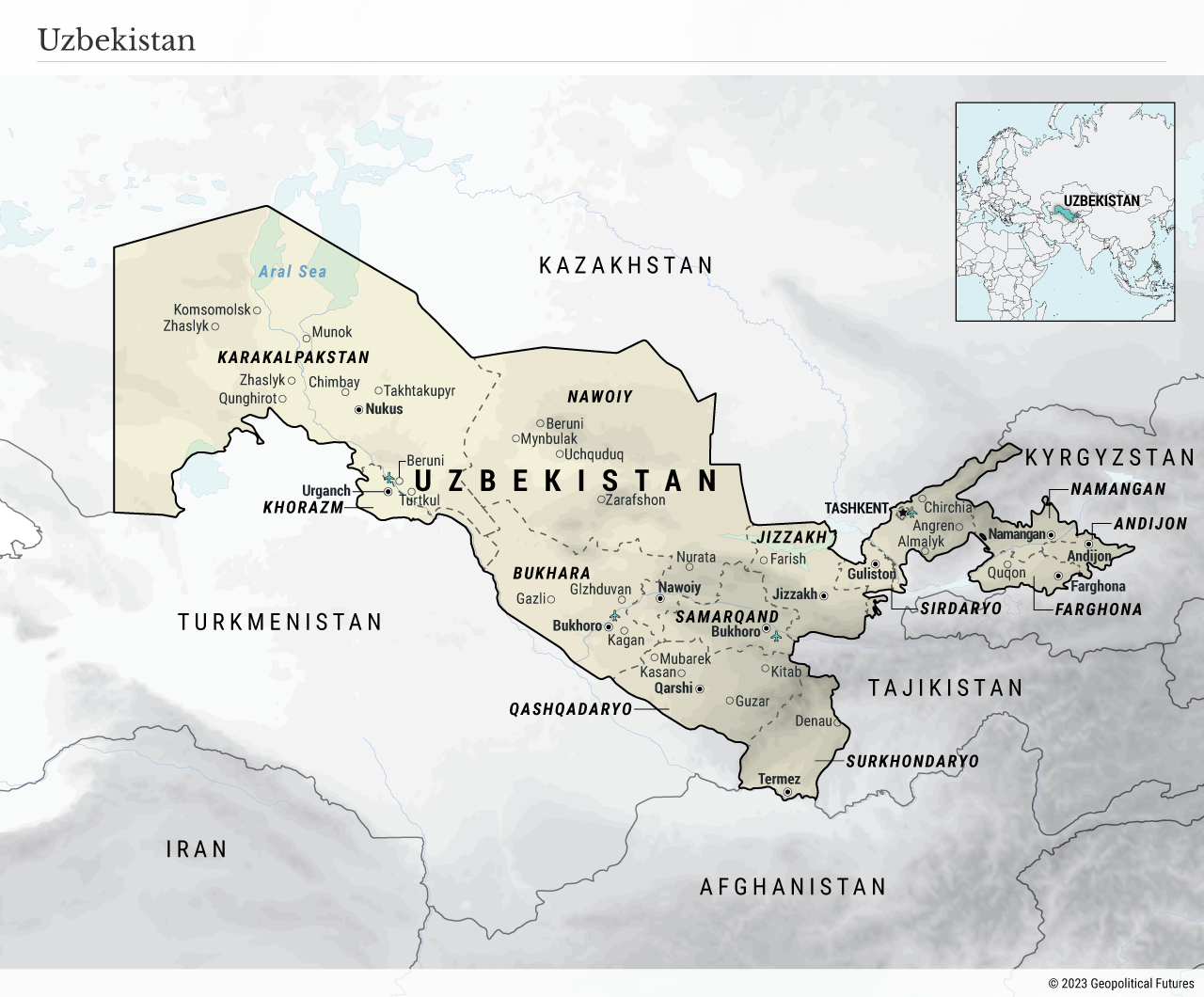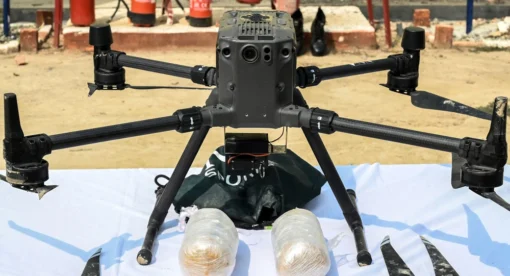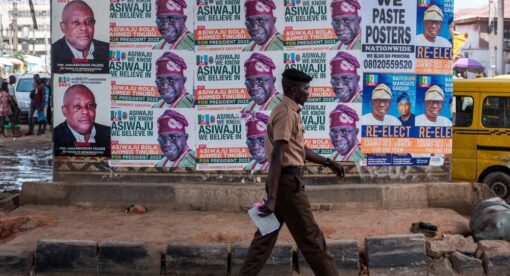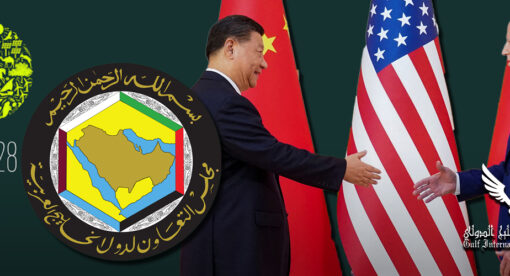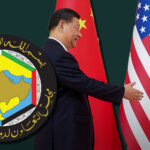The president’s reform drive is genuine but so are the obstacles.
Central Asia’s most populous nation, Uzbekistan, has been on a path of political and economic transformation. The process has been spearheaded by its president, Shavkat Mirziyoyev, who secured a third term in early presidential elections held on July 9 – nine weeks after a national referendum that approved significant changes to almost two-thirds of the constitution. Starting points matter, and it is important to note that on Sept. 1, Uzbekistan will celebrate its 32nd year of independence following 115 years of Russian colonial rule. For the first 25 years of its existence as a sovereign nation, the country was under a repressive autocratic order led by its first president, Islam Karimov, who died in office in 2016.
Whenever elections are held in a country with a long history of authoritarianism, we in the West tend to be skeptical about the genuineness of political change – and for good reason. After all, the past century or so is replete with examples of regimes whose political elites engaged in highly controlled electoral processes only to consolidate their power. There is also a tendency in the West to see democracy as an end state as opposed to a process – one that is incremental and nonlinear, to say the least. The downside of this is that we struggle to appreciate when consequential change at a geopolitical scale is actually happening.
This is why it is crucial to practice empathetic analysis, which was my approach when I traveled to Uzbekistan almost two weeks ago to observe the presidential vote. Of course, it was also an opportunity to see the lands that my ancestors had left behind some 300 years ago, but I digress. Mirziyoyev’s re-election was almost a foregone conclusion, but for me the trip was to try to gauge the extent of public support for the elite-driven reforms. Accomplishing this in a short trip with time enough to see only a limited cross-section of the people is difficult. But you try to make the best of space-time limitations.
Based on journalists’ reporting and what I was able to see firsthand – especially the significantly high voter turnout – public support for Mirziyoyev’s reform drive is pretty widespread. This is not to say that people are satisfied with the scope of change. It is only natural that people would want more freedoms than what they are being offered at any given time. But the important thing is that a significant chunk of the citizenry does seem to see the process as genuine and is optimistic about the future.
Much of this can be attributed to the gradual but steady and significant changes already brought about by Mirziyoyev since he took office nearly seven years ago. Under his predecessor, the political system was so closed and the country so isolated that even a modest opening of the system would have won the president accolades. But it raises the question: Why has Mirziyoyev been instituting large-scale social, economic and political changes? For starters, he realized that continuing with Karimov’s authoritarianism was no longer possible – certainly not when neighboring Kazakhstan was rapidly integrating with the world and with Kyrgyzstan experiencing three major uprisings between 2005 and 2020.
Read the rest in Geopolitical Futures.

